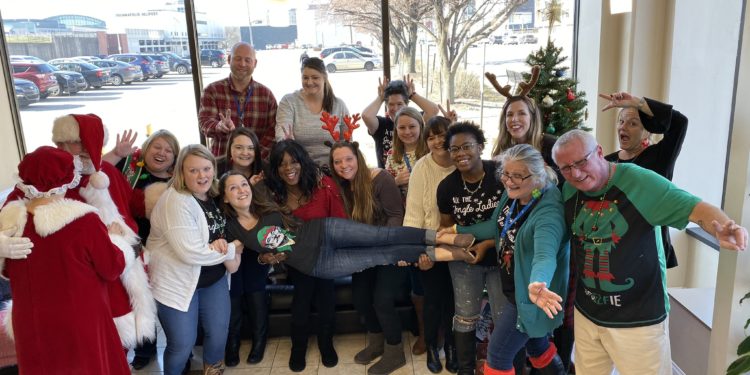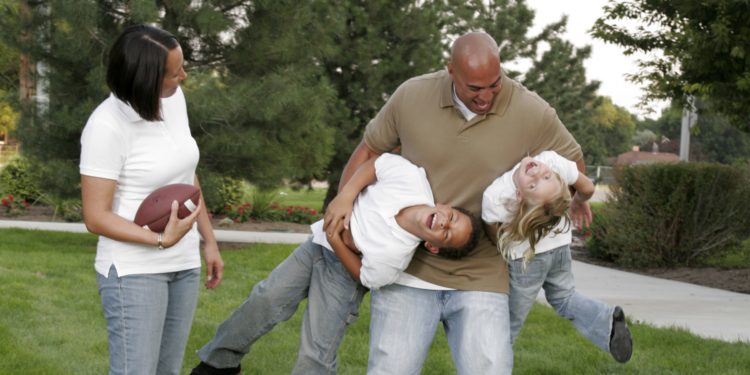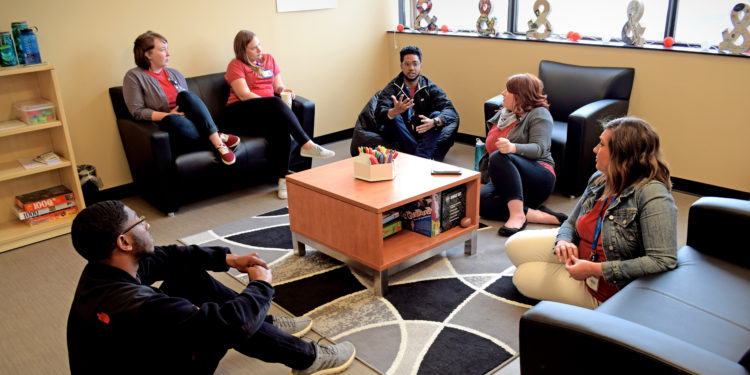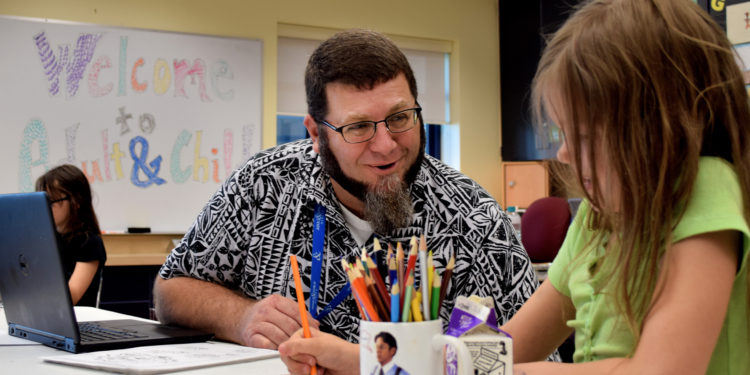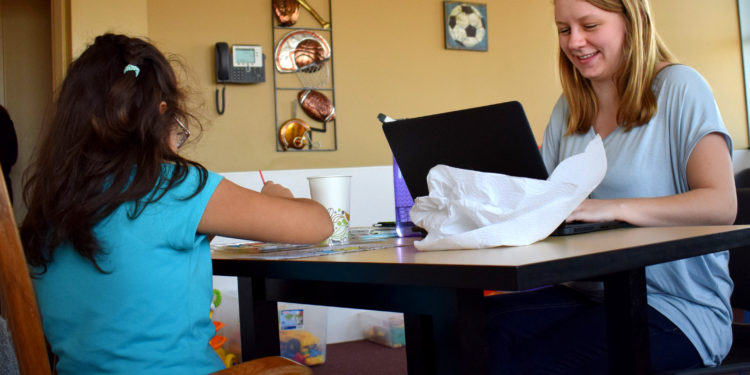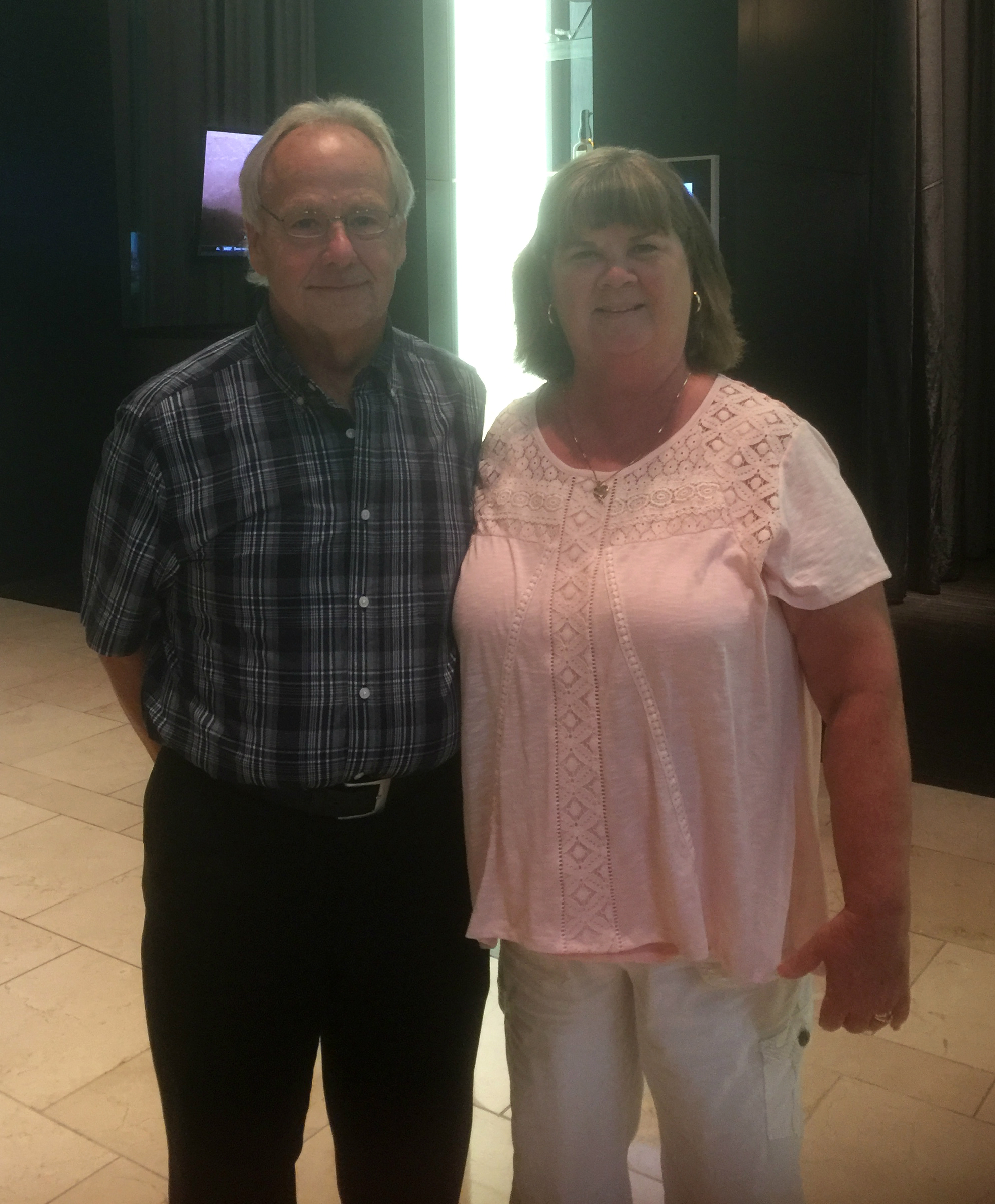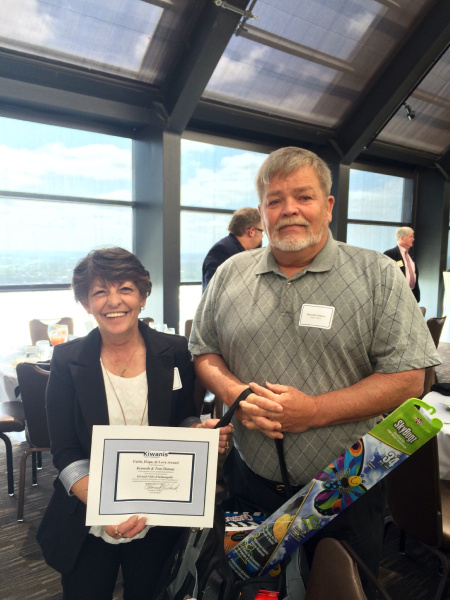The tiny seed that grew into Youth Development was first planted in a foster care meeting. Then a therapist for Therapeutic Foster Care, Amanda Reuter had noticed an emerging pattern of foster youth asking about sex, yet lacking safe, informative spaces to discuss it. The question she asked that set her new career path in motion was, “what more can we do to help?”
“And that’s kind of where it blossomed,” said Amanda. After working on that idea and learning about the options available, A&C received a small grant to facilitate a program called ‘Pregnancy Prevention.’ In addition to her therapeutic work, Amanda began leading group meetings and engaging with adolescent-aged youth on the topic of sexual health. Through many conversations with these kids, more and different needs kept popping up & Amanda knew she wanted to address them. “Through youth expressing that there was more that they wanted, it grew,” she said. A combination of organic development and hard work was the recipe for the Youth Development team as it stands today: a group of six passionate professionals educating & advocating for youth.
On any given Friday, you can find this team circled up in their youth hangout space, brainstorming and filtering through meeting topics as a group. The newly renovated fourth floor of 603 E Washington St. houses the Youth Development and Specialty Service offices. It also includes a relaxing, living-room-type area with couches, coffee table, games, puzzles, markers, & yoga mats. Paper Mache ampersands line the windowsill and a jar of condoms marked, “Please take one” sits atop a bookshelf. Team building is important here. Each member works on their own program, but to foster a sense of togetherness, they discuss common topics and help one another solve problems. They’ll then cap it off with a group mindfulness exercise like yoga or meditation.
Youth Development works within a framework of grants, with each member responsible for only one. They’re funded through mostly federal money for different types of projects. Currently, the team has three grants: IN-PACT, Project I, and the Serve Project. These programs all have unique specifications, but employees can typically be found leading group meetings. Groups of adolescents rotate through week-to-week programs & team members also travel to schools and residential facilities to lead one-day groups. Their topics include sexual health, goal-setting, community service, etc. Any adolescent is welcome to join, and the team is enthusiastic about making sure every kid is heard, and placed in the right program at the right time. A lot of their work is focused around learning, sharing their stories, and creating projects together.
“Our overall mission is the same across all grants,” said Angel Crone, Lead Youth Development Specialist. “And that’s how we’re able to work together,” followed up Amanda. Any time this team steps in a new direction, it’s always with their mission & vision at the forefront. They make sure that their role, no matter the project, serves to help youth develop personal, social, academic, and citizenship competencies through strength-based methods. In a way, the youth always dictate where to go next. Grants and projects provide funding and structure, but at the end of the day, the team exists to help any young person become the best version of themselves. “We’re not just focused on one aspect of the youth’s lives, we’re trying to have a holistic approach,” said Angel. This mindset sometimes means stepping away from the grant structure: such as with their upcoming Art Night in June. A foster youth voiced a desire to express themselves through their art. Watching that desire echo through many other artistic teens led to a fresh, collaborative project for Youth Development & another avenue for youth to discover themselves and their self-worth.
The Youth Development team takes their role as listeners seriously. “We’ve really been challenging this concept of adultism. And just what youth led youth driven really means,” said Amanda. The concept of adultism means dismissing young people’s opinions based on their age, the classic ‘because I’m older, I know more than you.’ “We’re trying not to lead with that mindset,” said Angel. This perspective contributes to a partnership between the youth and team instead of a hierarchy. They don’t fight a losing battle with cell phones, they let kids play music that might glorify questionable morality. “We’ll play the song,” said Amanda, “but then we might use that to start a conversation about those topics and discuss what they think about them.” Group rules are reframed as ‘agreements.’ By participating, every person agrees to confidentiality, openness, and respect. This way it’s a choice, a core concept of the partnership angle.
But challenging adultism presents a new set of challenges with actual adults in the mix. “Any group we lead also has a parent component,” said Amanda. Biological parents, foster parents, and any other trusted adults in an adolescent’s life are welcomed. “It’s not the work with the kids that’s hard, it’s the work with the adults that surround them,” said Angel, laughing. But it’s true, because this team has the important role of fostering communication between those parents & teens, an eternal struggle, especially about tricky topics like sex. For foster kids with so many different adults assigned to support them, it can be challenging to navigate every adult’s opinion while simultaneously developing your own. “I think we’re trying to use our unique position of privilege and power, working in a mental health organization, to amplify the youth voice … we work with youth to identify ways that they can be their own advocate,” said Amanda.
Since the team is so young, its larger impact is still somewhat unknown. But the anecdotal support is strong. This past month brought a call from a youth who overcame suicidal tendencies through the Teen Outreach Program (TOP) and started working on new goals, a former foster child returning to help mentor teens in the “Power Through Choices” group, and a pile of handwritten Thank You cards from a group at a Bartholomew county residential facility. “Just hearing the youth say, ‘no one talks to us about this, thank you for talking about it,’” said Angel. “That’s my favorite thing to hear.”

